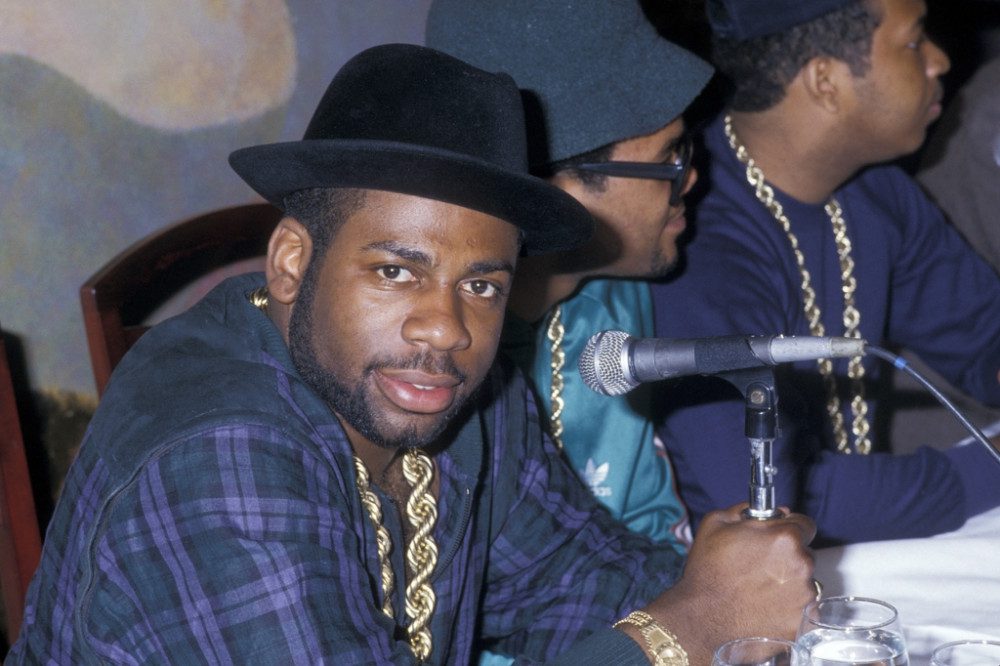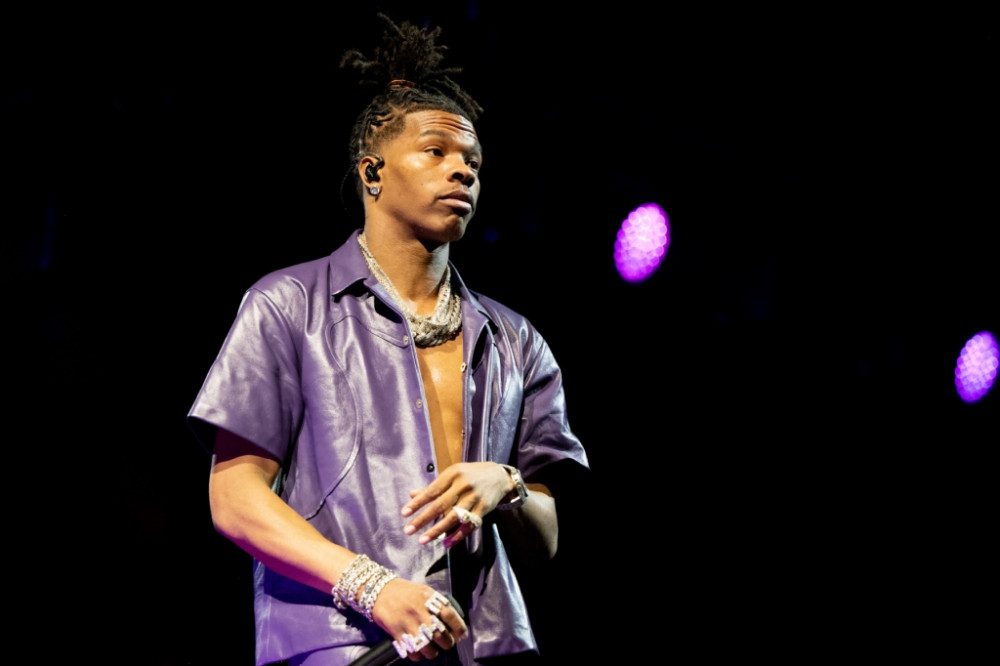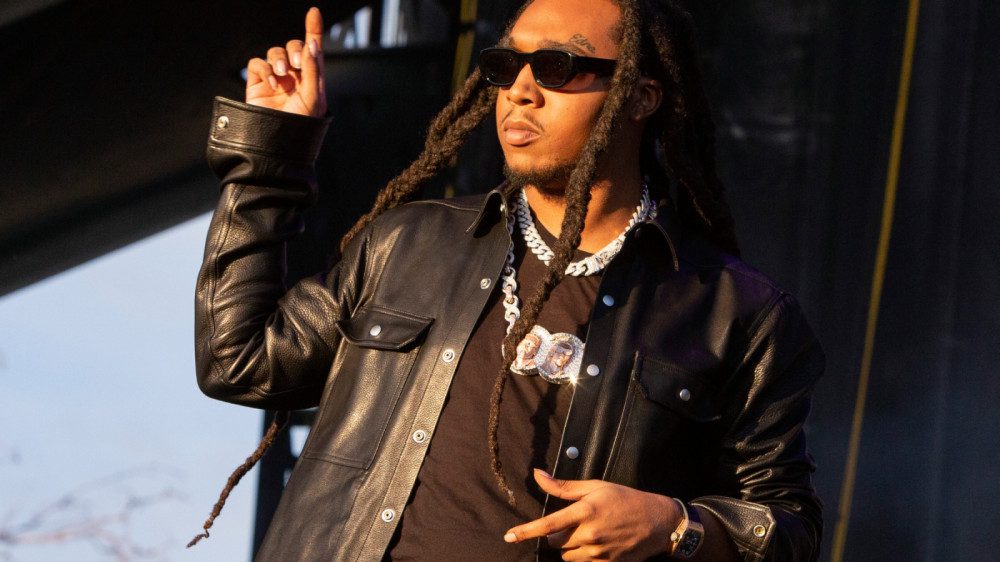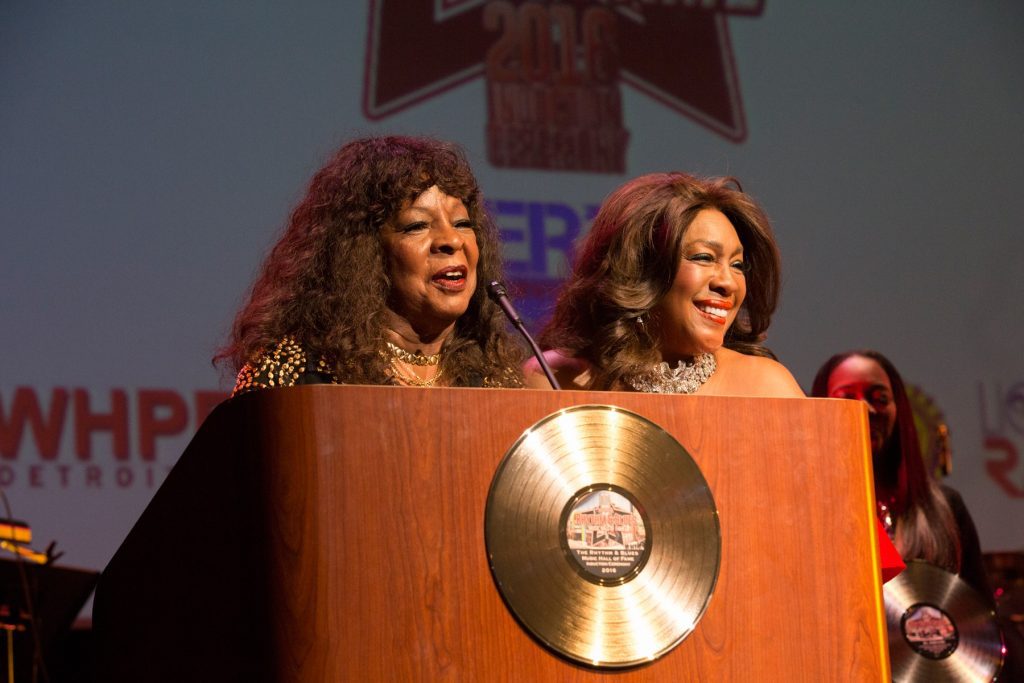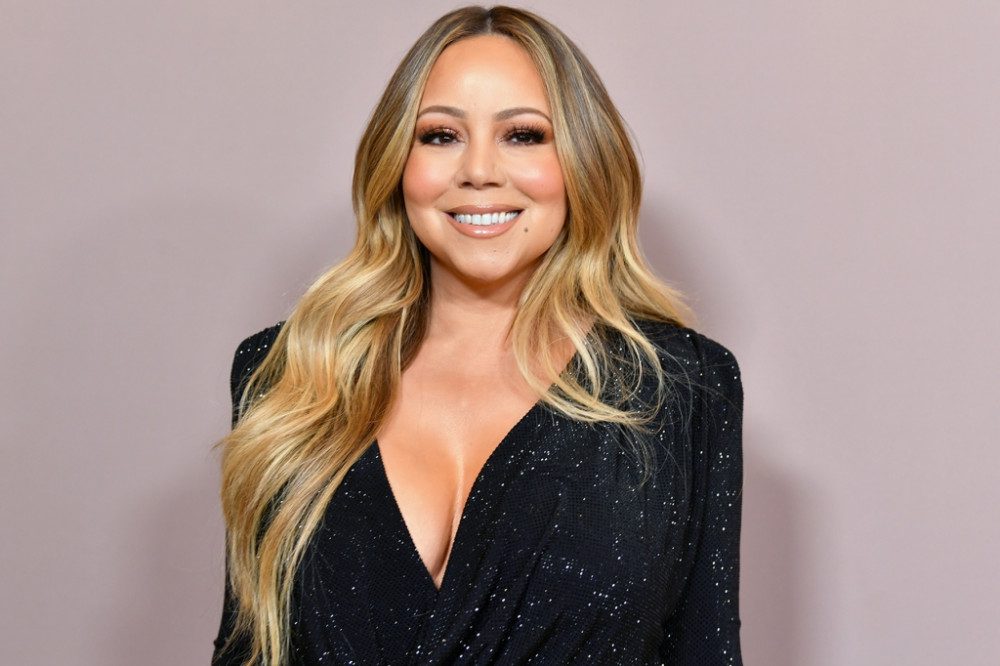
Why Mariah Carey Made a Secret Alt-Rock Album – and Four Other Things We Learned From Our New Podcast
When Mariah Carey joined our IndieLand Music Now podcast for an epic interview, she went deep on the making of her 1997 classic Butterfly — but the conversation also went in many other directions.
Here are more highlights; to hear the entire episode, listen on Apple Podcasts or Spotify, or press play above.
Carey explains why she made a secret alt-rock album under the name Chick in the Nineties. The version that was released mostly had her friend Clarissa Dane on lead vocals, but Carey reveals that she’s found another version with her vocals, and intends to put those songs out – along with a mystery project “built around” those songs and featuring another artist. “This was my outlet and nobody knew about it,” says Carey, who surreptitiously recorded the songs in the same sessions that yielded some of her 1990s hits. “I would just write these things. I’d say, ‘Can you play [sings guitar part] to the guitar player who happened to be there while we’re working on records like ‘Always Be My Baby’ and ‘One Sweet Day’ and eventually ‘Fantasy’ and whatever from that era.”
“It was like, ‘Let me just do this,’” she continues. “Because after the session, why not? There’s energy. And we were like working for whatever, 15, 16 hours on scrutinizing stuff. And then we just made this record at the same time. I would write the lyrics, go and sing it. There was a fear [from the record company] because some of the lyrical content was not what people were [expecting]. I honestly wanted to put the record out back then under the same pseudonym and just let them discover that it’s me, but that idea was kind of stomped and squashed. So Clarissa came in. And yeah, there were a lot of big records that were in that genre, that grunge moment… And of course there was the Courtney Love era of Hole and all that going on at the time. I even did the artwork! The artwork for the album was like the dead roach and some lipstick.”
During her unhappy marriage with Tommy Mottola, the songs were more than a lark, she says. “I had no freedom during that time,” she says. “That was my freedom. I would drive around with my assistant with the top down in upstate New York and be screaming the lyrics to these songs that nobody else knew. It was my release and it was just fun. And I started out like, ‘Oh, this is just for laughs, whatever,’ like we’re having fun. But then I was like, ‘No, this is me screaming. This is literally what I’m going through.’”
Carey was a huge Aaliyah and Missy Elliott fan, which led her to collaboration with Elliott on “Babydoll.” “I am and was an Aaliyah fan, may she rest in peace,” she says. “I loved her tone and I loved the records that she made and definitely her collaborations with Missy. I also loved Missy’s work with all different artists. I just really loved her style from the beginning, from the first time I ever heard her sing and rap.”
Carey likes to record her layered background vocals before she does the leads. “Then I can kind of sing around that,” she says. “I guess it’s because I started out as a backup singer and doing sessions as a background vocalist learning from some of the greatest background vocalists, and also with people like Luther Vandross. Growing up, I admired his texture in and of itself, but also his use of background vocals. And Michael Jackson, his stacking of his own background vocals was something that was so unique.”
Carey promises that her upcoming children’s book, The Christmas Princess, will have depth to it. “It’s got very layered characters and a lot of undertones,” she says. “The parents or grandparents that buy this for their kids or whatever are gonna, I feel, enjoy it. And I think the kids will too. It’s an homage, a little bit, to my childhood.”
Carey would never have recorded a cover of Prince’s “The Beautiful Ones” on Butterfly if she had known that he was generally not fond of covers — and she shares his mixed feelings when it comes to her own songs. “I used to come home from school every day and listen to Purple Rain,” she says. “It was incredible to meet Prince while he was still with us and experience his vibe and have several discussions with him. Towards the beginning of our relationship, he revealed the fact that he didn’t love it when people remade anybody’s songs — specifically his. I had already done ‘The Beautiful Ones,’ and I’m like, ‘Oh no!’ In retrospect, the right thing to do is call the writer of whatever song, if you’re gonna do a remake, and say, ‘How do you feel about this?’… It’s one of my favorite cuts on the album, with all due respect to Prince not wanting people to do remakes, which I would never, ever have done, had I known. It’s funny because a lot of people ask about remaking my songs or just remake them. And then you get a request for an adaptation or whatever. And sometimes I’m like, ‘Mm, I really wish you wouldn’t, but OK. Whatever you wanna do.’ Certain songs are… so personal that you’re like, ‘I prefer to keep this as my thing.’ And so I do understand where Prince was coming from.”
Download and subscribe to our weekly podcast, IndieLand Music Now, hosted by Brian Hiatt, on Apple Podcasts or Spotify (or wherever you get your podcasts), and check out six years’ worth of episodes in the archive, including in-depth, career-spanning interviews with Bruce Springsteen, Halsey, Neil Young, Snoop Dogg, Brandi Carlile, Phoebe Bridgers, Rick Ross, Alicia Keys, the National, Ice Cube, Robert Plant, Dua Lipa, Questlove, Killer Mike, Julian Casablancas, Sheryl Crow, Johnny Marr, Scott Weiland, Liam Gallagher, Alice Cooper, Fleetwood Mac, Elvis Costello, John Legend, Donald Fagen, Phil Collins, Justin Townes Earle, Stephen Malkmus, Sebastian Bach, Tom Petty, Eddie Van Halen, Kelly Clarkson, Pete Townshend, Bob Seger, the Zombies, Gary Clark Jr., and many others — plus dozens of episodes featuring genre-spanning discussions, debates, and explainers with IndieLand’s critics and reporters.
